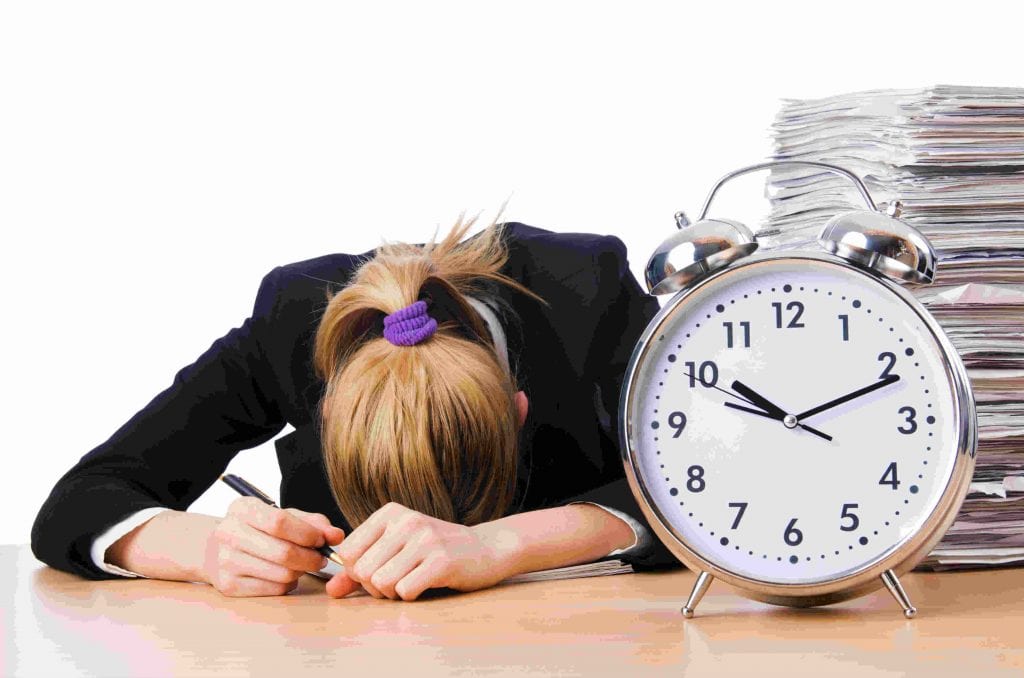Not getting a good night of sleep or being diagnosed with sleep apnea can certainly affect your chances of driving drowsy, but researchers now believe there’s more to it than that. These new researchers believe that the genes for each person could contribute towards the risk of an accident because the likelihood of drowsy driving is present.
A new study is looking at creating a drowsy driving blood test and so far have identified 68 genes that can be connected to insufficient sleep. Drowsy driving is a growing cause of severe accidents across the United States. Someone who falls asleep behind the wheel could lose control of their car, cross the median, or lead to a multi-car pileup extremely quickly.
The University of Surrey in England had 36 different adults skip a night of sleep and then measure the changes and the expression levels of thousands of their genes.
The algorithm looked at 68 genes and predicted with 92% accuracy whether a sample was from someone who was well-rested or sleep-deprived. This research has the possibility to inform a future test that could assess whether or not a driver was sleep-deprived. This could become extremely important in determining liability in vehicle accidents, particularly since drowsy driving has increasingly become a cause behind significant vehicle crashes.
Previous research from the AAA Foundation for Traffic Safety has shown that drivers who lose just a couple of hours of sleep per night could double their risks in getting involved in a vehicle accident. If you have already been hurt in a serious drowsy driving crash and believe that someone else’s lack of focus or improper sleep caused them to lose control of their vehicle, you could be eligible to pursue compensation with the help of a personal injury lawyer.
Drowsy driving accidents yield significant injuries and fatalities all too often. Hold the relevant party accountable by scheduling a consultation with an attorney.


